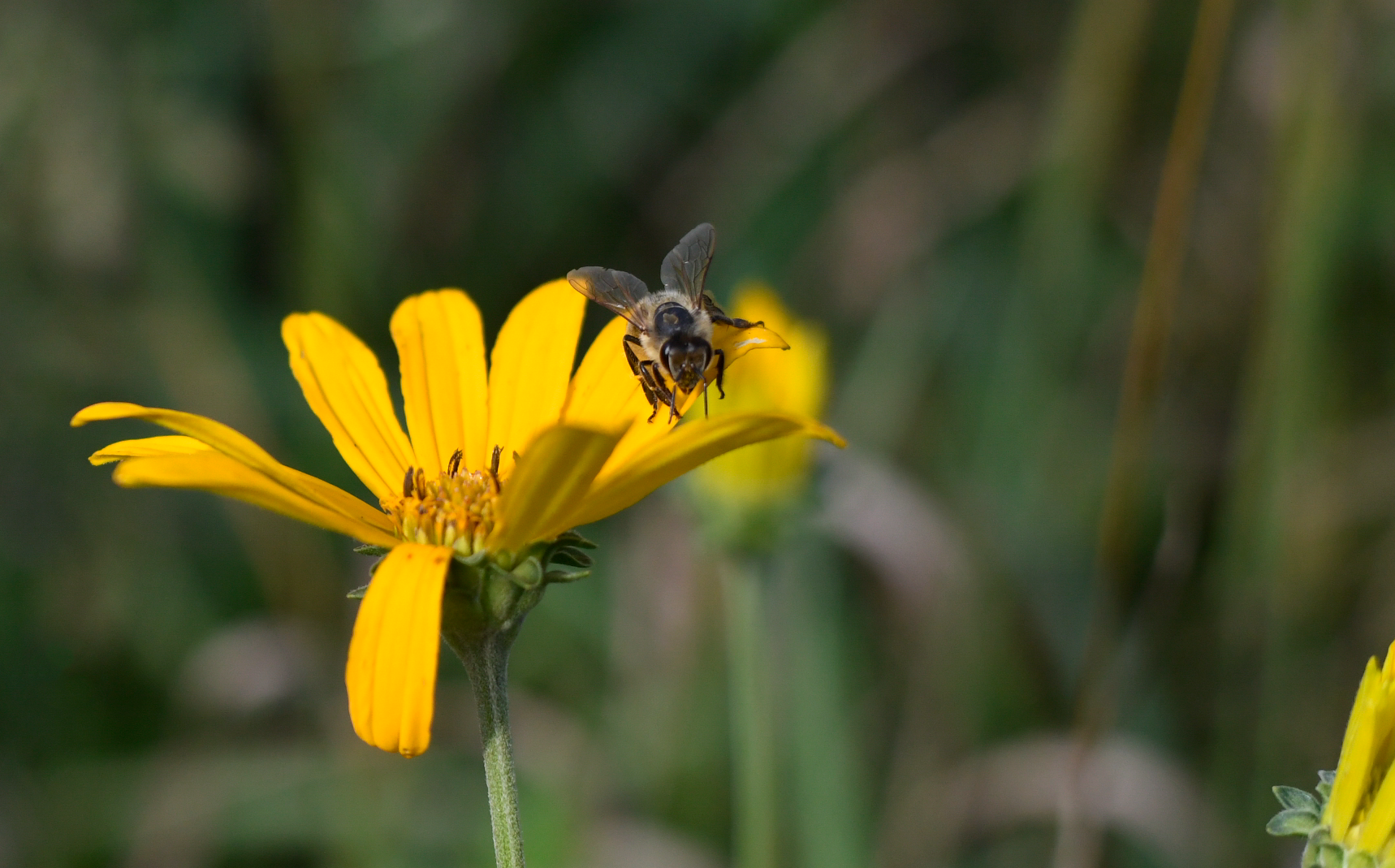
“First, let me say how much I appreciate you meeting with me today. I know you are busy.”“No problem, and thanks for having me,” says the bumblebee.
“So, it looks like you are a common eastern bumblebee.”
“If you say so.”
“Can you tell us something about yourself? You know, a brief introduction.”
“Well, I am four months old, so getting up there. I am a forager. We are the most important bumblebees in the colony, as we provide the food and protection. Of course, I have to give some credit to Queen Bee and the workers who care for the little guys, and that kind of thing, but it’s clear to me, foragers are the most awesome.”
“I have heard that you are a very common species of bumblebee. Isn’t that kind of unusual nowadays? Aren’t bumblebees, well, I don’t want to be indelicate, but becoming less common?”
“No offense taken. Yes, it has become a hard world for bumblebees. My own kind, we are generalists. We can grab food from many different flowers and we can live almost anywhere, from bogs to forests to cities. But some of my cousins are not so lucky.”
“You say it is becoming a hard world. Could you tell me more?”
“Unfortunately, bees are not the only creatures in the world. We share this place with many other critters. Most are pretty tolerable. A few, and if I may be more specific, particularly your kind, are invasive.”
“Invasive you say. In what way?”
“Your colonies are huge, undisciplined, and completely disorganized. So you are invasive as you spread willy-nilly. Also, you do not seem all that intelligent. Rather than forage, you try to force things to grow unnaturally and to do this, you destroy much of what you’ll need to survive in the long run. You are a common topic of conversation back at the colony, and you have all of us doing the uncertainty dance.”
“You mentioned you have cousins.”
“Indeed, in this area alone, we have about 400 cousins of different kinds. None, of course, are as attractive, hard-working, or likable as my own kind. The other bumblebees, they are a pretty good lot, but even some of them struggle. Particularly the ones who specialize in certain plants and areas to live. A general education can be far more useful than overspecializing, at least that’s my opinion.”
“What about those cousins who are less fortunate than you?”
“Well, for example, there are these tiny little fellows who live sad, solitary lives, hardly stray more than a few feet from their hole in the ground. I call these the bee–anderthals. Still, you can’t help but feel for them. When you invasive types push them out, they just don’t know what to do or where to go. Despondency follows. And a bee depressed is a bee doomed.”
“Yet you help us, the ones you view as invasive.”
“We certainly do. As we sip a little nectar and gather pollen, we visit lots of flowers. It is our observation that this is essential for the reproductive cycle of plants that you and many others find useful.”
“You are pollinators.”
“If you say so. We are just damn good bumblebees.”
“Now let me move to a more sensitive topic: stinging.”
“Don’t rile me. It makes my honey boil when you bring this up. Like you don’t sting! Hypocrite.”
“So sorry. Could you please point that stinger away from me now? I won’t bring this up again. But I suppose I should let you go. I am sure you have other things to do.”
“True, better things to do. Forage. I can only sit in this chair so long and then I feel the need to fly, to sip a little nectar, to snatch a little pollen. I need to stretch my wings, all four of them, and then get back to the colony and catch up on gossip.”
“Thanks again, and on your behalf, we are making a contribution to the Pollinator Friendly Alliance, an organization that helps preserve your habitat and livelihood.”
“I appreciate that. And I hope they find all the pollen they need.”
Photo by Erin Scott